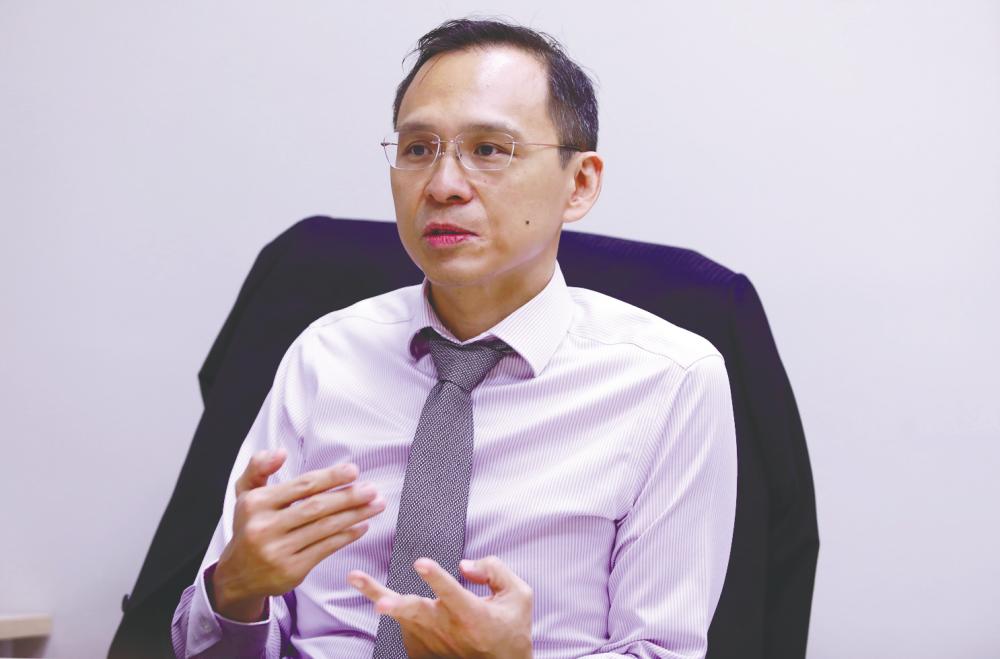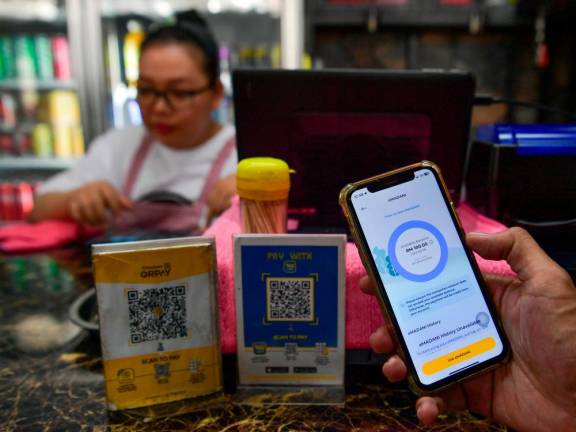COLON CANCER is the most common type of cancer among men in Malaysia, and the second most common among women after breast cancer.
A major element in preventing the disease boils down to the simple fact of going for routine colorectal cancer screenings, especially since symptoms typically do not show until the later stages.
Older adults are advised to undergo routine screenings every five to ten years depending on risk profile once hitting the age of 50.
Medical professionals who specialise in Gastroenterology & Hepatology like Dr Dennis Khoo Yeap Teng, a consultant physician, gastroenterologist & hepatologist at Thomson Hospital Kota Damansara, however, recommends the ideal age be lowered to 45 for screening purposes, and more importantly, not to wait for symptoms.
“Lifetime incidence is about 3, 4% for men, and women, slightly less, at 2, 3%,” said the veteran doctor with over 19 years of experience.
“Symptoms are always late for most cancers, likewise for colon cancer, so if you wait for symptoms, it’s usually too late.
“Family history and lifestyle choices are some of the risk factors that increase the chances of developing the cancer, which begin as pre-cancerous polyps in the colon.
“The main factor is genetics. Second is smoking. Third is dietary. Fourth, you would say like obesity and alcohol.”
If colon cancer is present in your family medical history, then “the person should actually get screened ten years earlier than the family member who has colon cancer.”
According to Dr Khoo, opting for a colonoscopy, where the patient will be sedated, remains the most effective method besides a stool test or CT Scan for colon cancer.
Colonoscopy screenings are important because it helps detect polyps or benign growths inside the colon - which lead to cancer - where if found in the process, can literally nip cancer in the bud.
If nothing is found on the colonoscopy during the screening, a person is advised to repeat the 10 to 15-minute procedure in five to ten years determined by their risk profile.
“Cancer doesn’t happen overnight. Cancer goes through a stage where they are called polyps,” the doctor explains. “At any time you remove a polyp, you actually remove the risk of cancer because you don’t allow the cancer to progress.”
Dr Khoo says that polyps will likely never cause any symptoms, and that a colonoscopy is “the only time we can remove it without surgery.”
“A lot of people say I’m perfectly fine, why should I go for screening? So precisely, if you wait for symptoms then it’s no longer screening, then it would be too late.”
Most of the time, colon cancer is diagnosed “after a year of developing cancer, roughly,” where bleeding is usually indicative of a “big tumour.”
Patients who go for screenings and are “lucky enough to get it diagnosed at stage one,” (which means that the cancer is confined to the colon), then “you would have 90%, five-year survival rate.”
“It’s one of those cancers that, if you detect early enough, it’s good.”
Dr Khoo adds: “But not that many people are that lucky because in stage one they would be asymptomatic – they would be totally symptom-free – so normally, they won’t come in unless they come for screening.
“It’s as important as going for a mammogram and pap smear.
“If you’re aware that colon cancer is the most common cancer among men, then hopefully the patient would actually feel compelled to go for a screening, at the very least faecal or stool test.”















